Windows 11 VS Windows 10: What's the Difference?
3 min. read
Published on
Read our disclosure page to find out how can you help MSPoweruser sustain the editorial team Read more


Windows 11 is the new face of the Microsoft operating system, and it started its phased rollout in October 2021. According to Microsoft, it will stop its support on Microsoft 10 after 2025, so there’s still enough time for you to enjoy the good ol’ Win10 OS you love. And if you already have Windows 10 and you’re ready for an update, you can get Windows 11 for free. Before that, however, what should you expect in this new OS offered by Microsoft? Most importantly, how does Windows 11 compare to its predecessor?
The Looks
The Windows OS has always been remarkable for its distinctive look for the past years. Yet, Windows 11 swerved from the conventional looks of Microsoft OS. What to expect? You’ll get a Mac-like design and interface that will undoubtedly shock you. If you would ask us, the new Windows 11 certainly looks like a Mac OS due to the new placement of Taskbar to the center of the screen. Yet, you can still place it on the bottom left side of your screen, just like in Windows 10. On the other hand, unlike the edgy look of Windows 10, Microsoft decided to give the new OS rounded edges on its UI elements.
Android Apps & Xbox Features
The integration of Android apps is probably the biggest news about Windows 11, as it can blur the line between a PC and a tablet or phone. You can download your favorite apps onto your PC through this new update. This is far from what Windows 10 have, where you can only access Android apps in specific ways (e.g., using Samsung Galaxy phones). According to Microsoft, the 500,000 Android apps will be available in the Microsoft Store via Amazon’s Appstore.
On the other hand, gamers would love the Xbox technologies integrated into this OS. This includes the Auto HDR that can enhance the color and contrast of your games and the DirectStorage for faster loading times.
Windows & Desktop Arrangements
Windows 11 is all about improving users’ productivity and efficiency, making it more practical compared to Windows 10. The best proof for that is the addition of a virtual desktop feature. Through it, you can create and customize a virtual desktop for your specific needs: work, studies, games, research, and more. Besides the easy creation and deletion of the desktops, it is also possible to fashion them with wallpapers of your choice.
Another plus is the Snap Layout and Snap Group capabilities of Windows 11. When you use these features, you can minimize and restore groups of arranged and saved windows and apps with a click.
Microsoft Teams
Compared to Windows 10, Windows 11 comes with Microsoft Teams directly built into its system. It is available in the Taskbar of the new operating system, allowing you to instantly send a message, text, voice, or video call to one of your contacts. You can also access Teams from Mac, Android, iOS, and of course, Windows.
Touch Experience & Commands
Windows 11 is not just all about aesthetics and productivity features. It also comes with pleasing new experiences offered through its improved touch capabilities. It includes the addition of touch gestures. Through these new commands, you can switch between your open apps and virtual desktops and even directly view the thumbnails of your currently running apps in Task View. Moreover, the inclusion of haptics in the digital pen will allow you to feel vibrations and hear sounds as it makes contact with the screen. Also, Windows 11 boasts voice typing and commands across the system for a better and more comfortable experience.

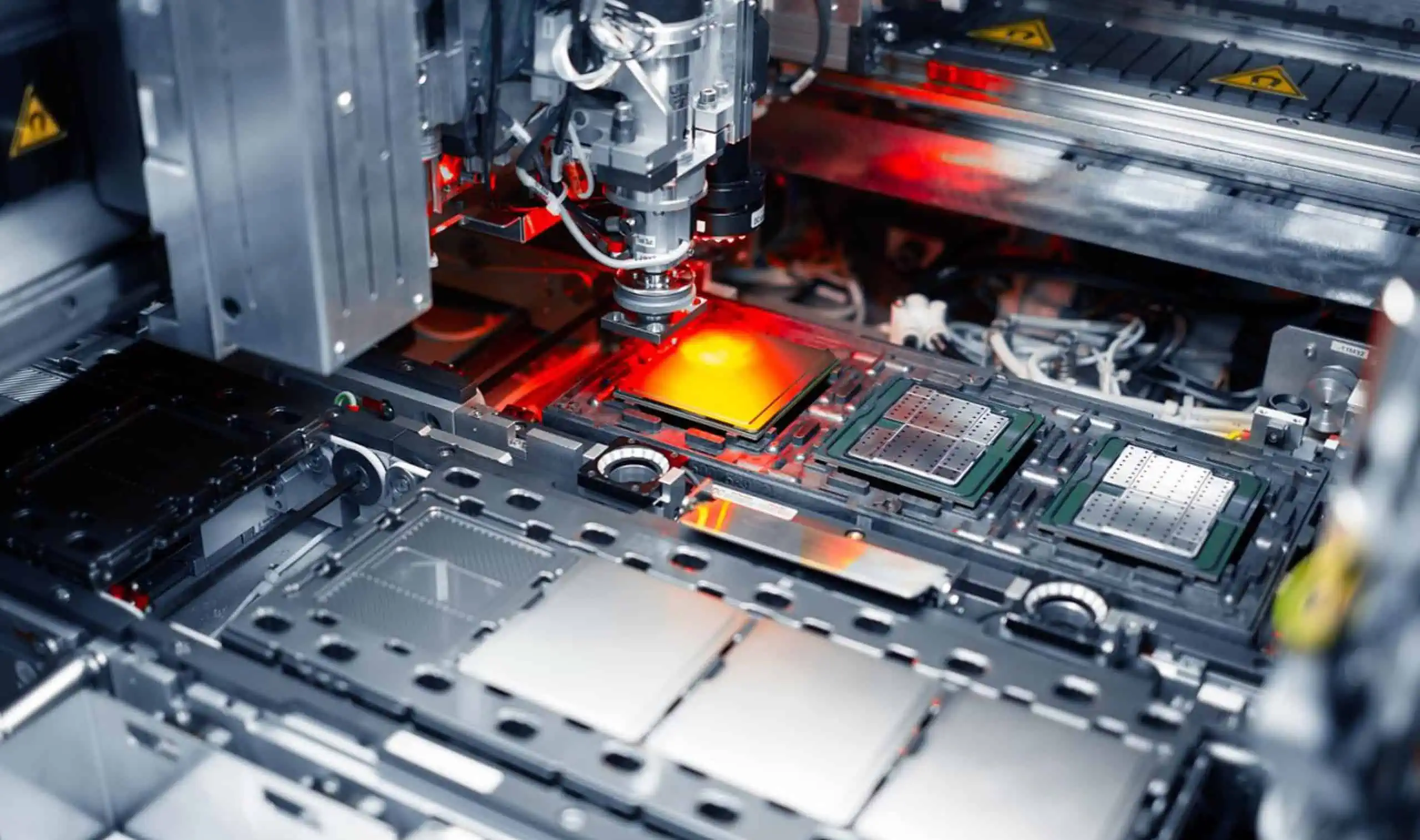
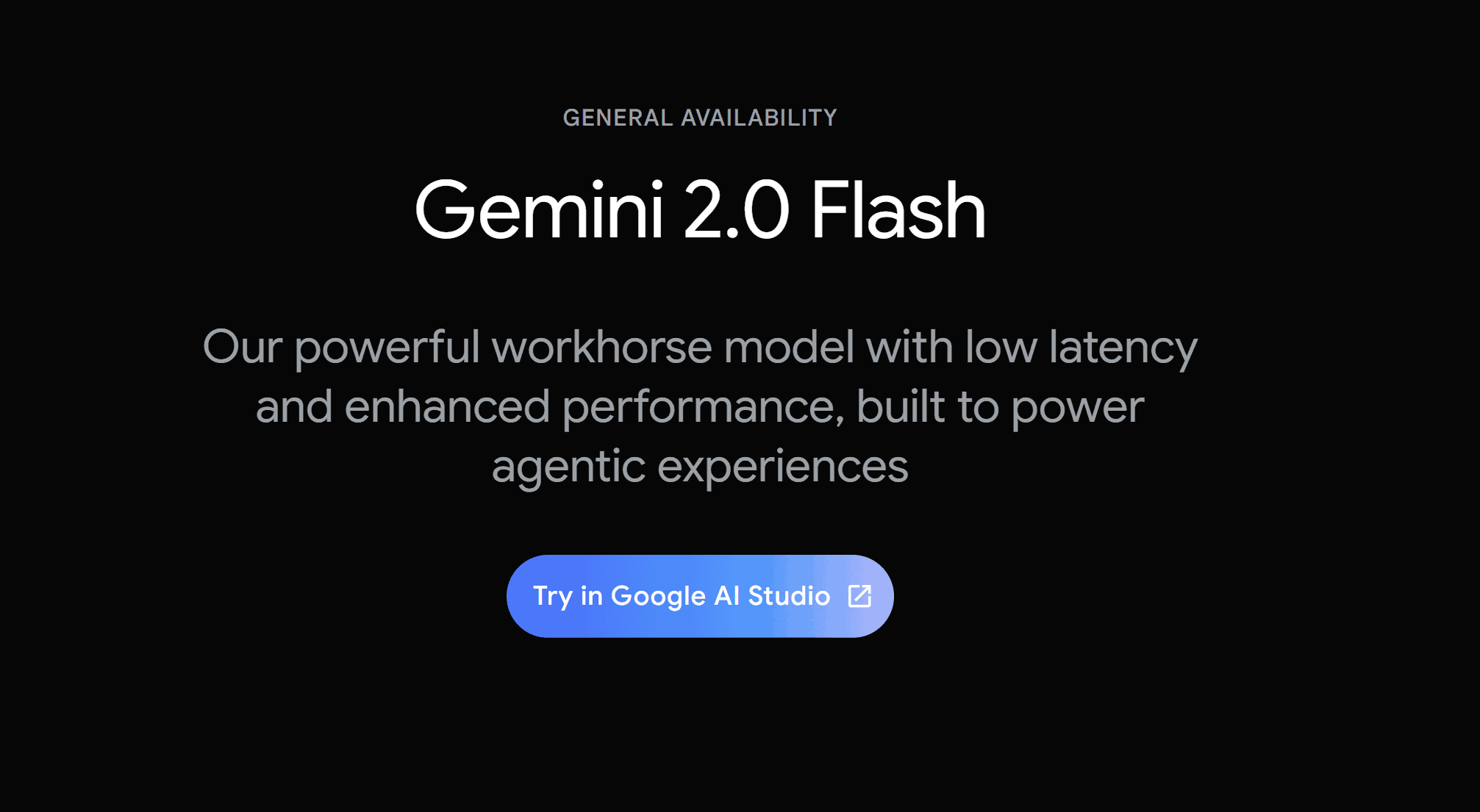
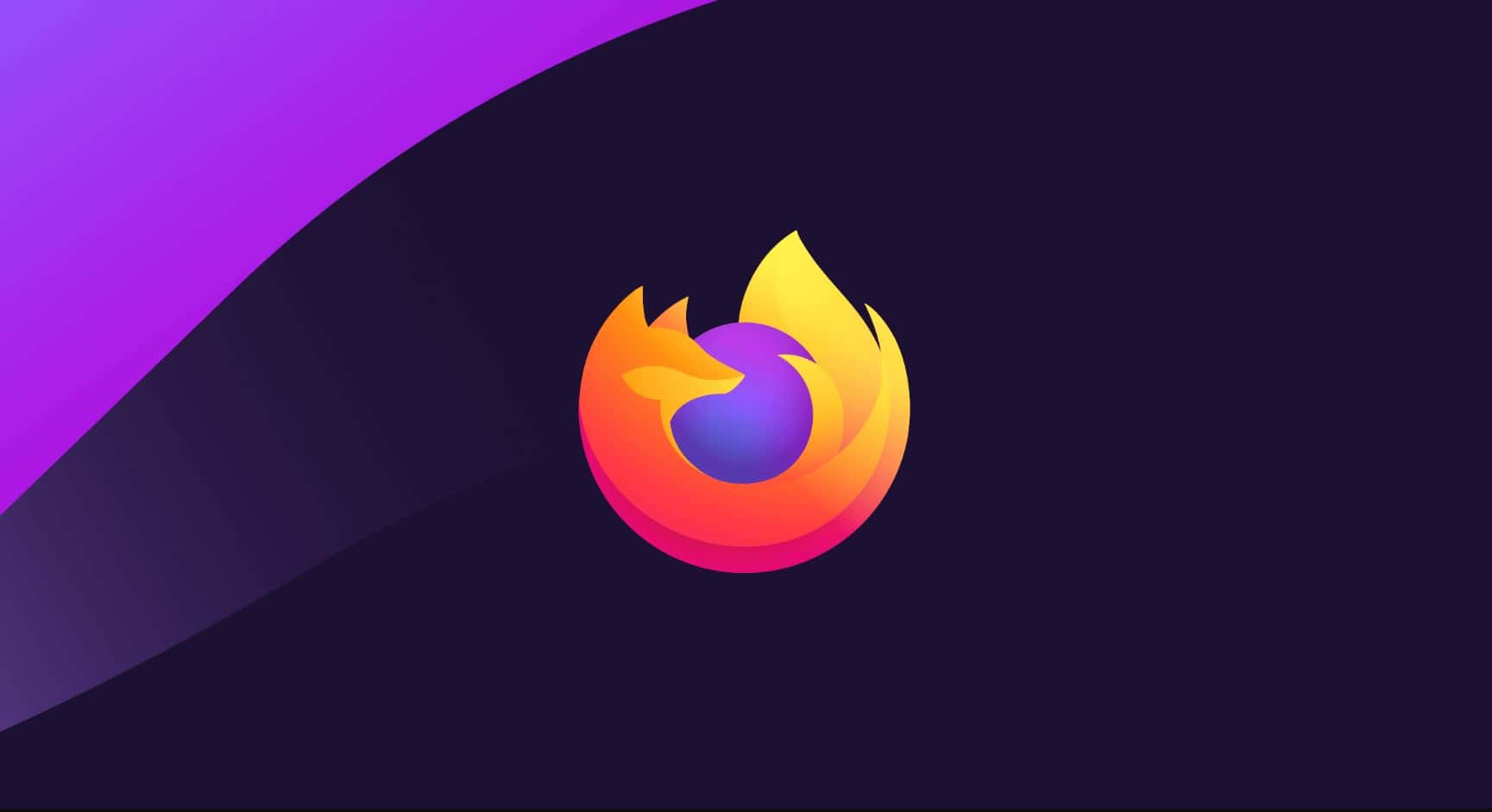
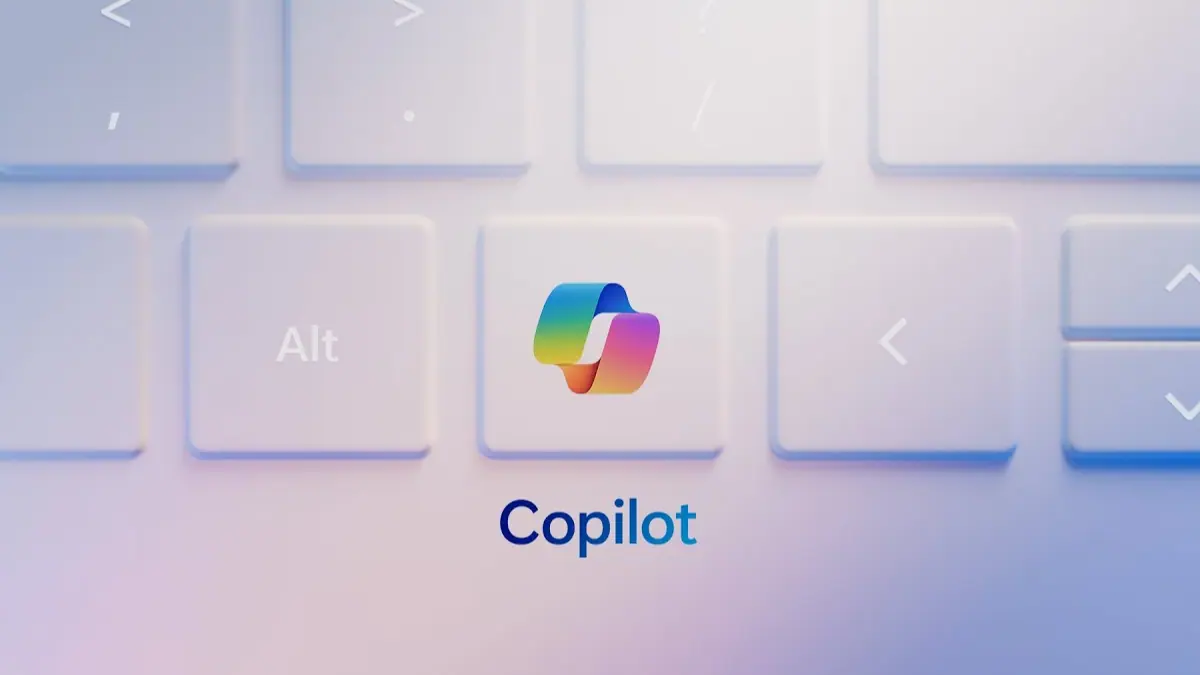
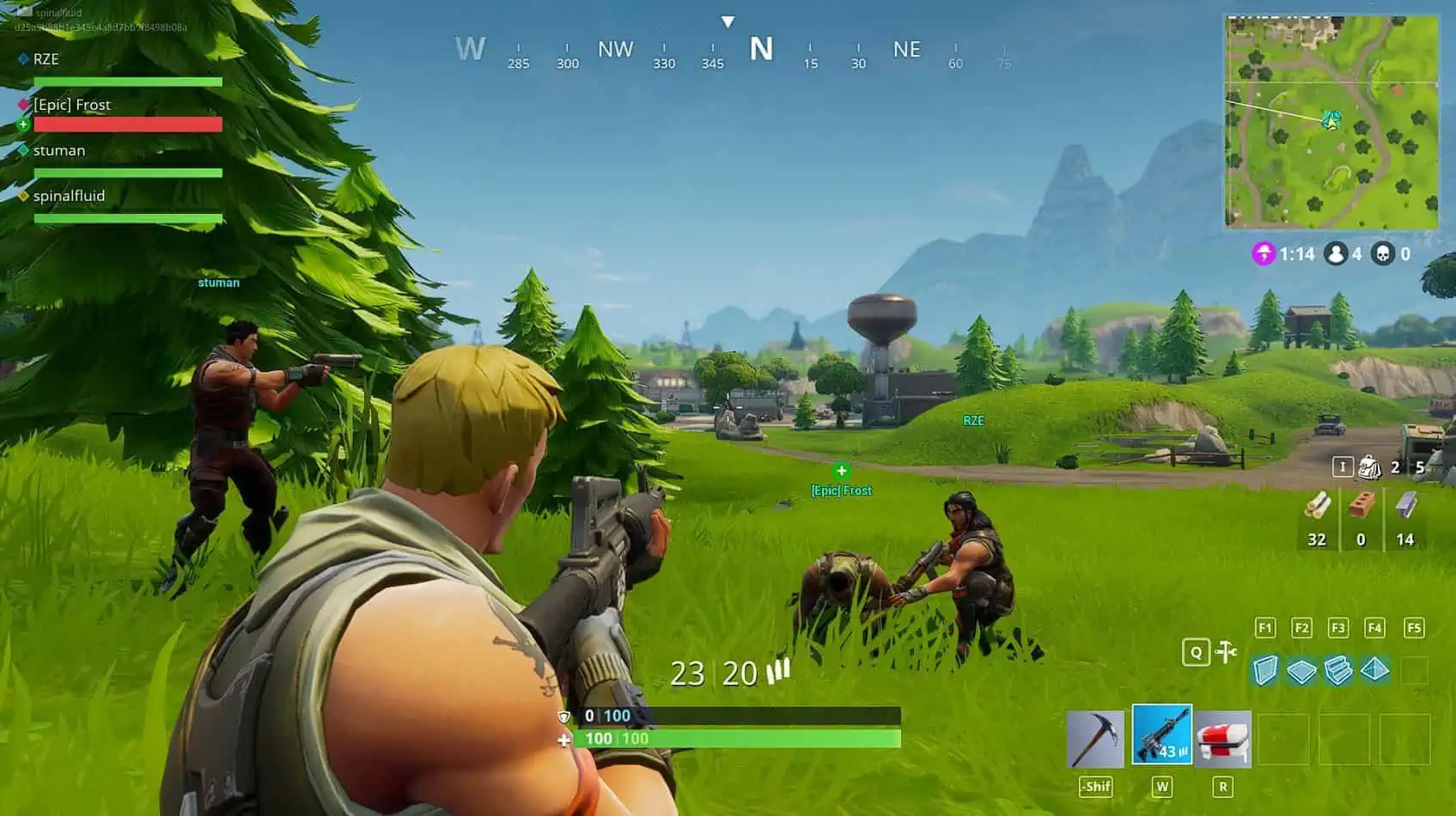

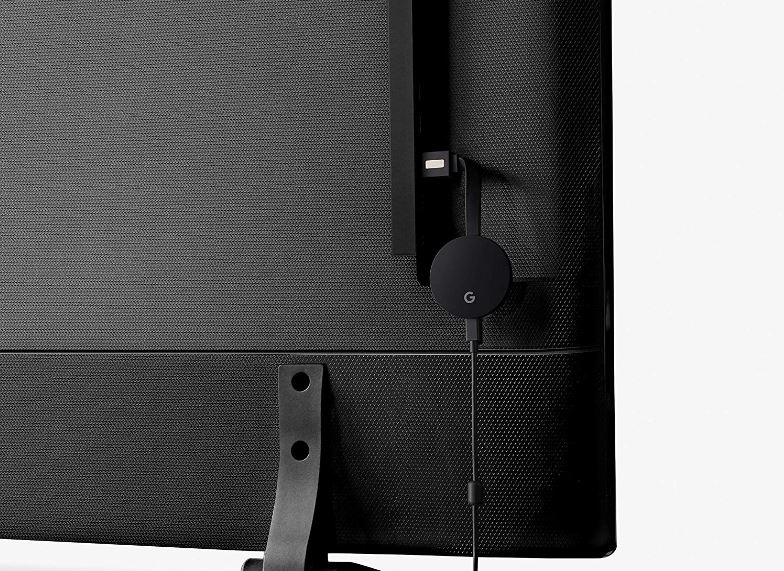
User forum
1 messages